Educating for the future
The learning journey at St Luke's honours the developmental stages in a student’s life. Based on leading educational research and the best of today’s technologies, we prepare students for the future by teaching them how to think critically and creatively, how to communicate effectively and how to lead and work both independently and collaboratively.
Educating for the future
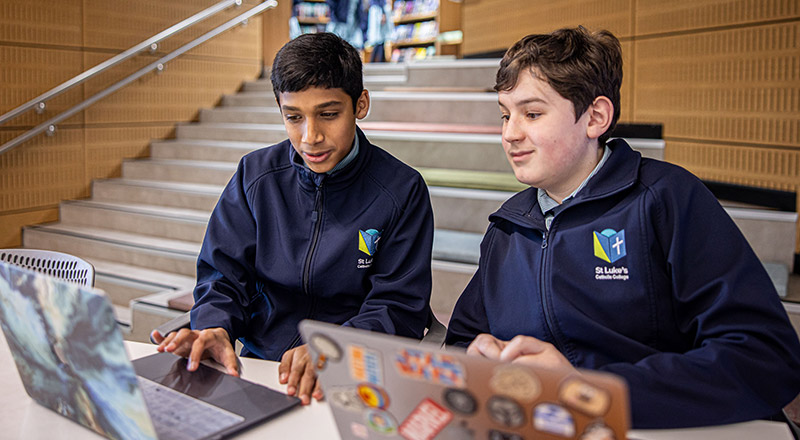
Religious Education
As a Catholic school we also have a strong religious dimension that runs through all the KLAs and is also formally recognised as the KLA of Religious Education.
St Luke's students take part in formal Religious Education every day, based on the new Catholic Schools Parramatta Diocese curriculum that is relevant to our students and to the world they live in.
Religious Education
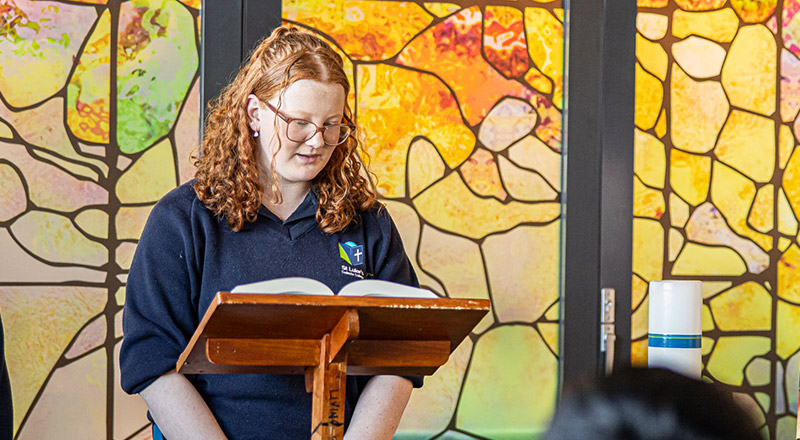
St Luke's follows the curriculum approved by the Education Standards Authority (NESA) covering all key learning areas. We also have a range of elective courses to suit students at all ability levels.
Years 9-10
In Year 9, students are provided with the exciting opportunity to delve deeply into their individual interests.
Each year, elective courses are carefully curated based on the surveyed interests of Year 8 students. As a result, the available subjects may vary annually. Among the diverse selection of offerings, students can explore subjects such as Timber, Art, Duke of Ed, CSI Investigations Science, Creative Writing, Film Studies, and even get a head start on their Higher School Certificate (HSC) journey with subjects like Entertainment, Sports Coaching, and Hospitality. To access the most current list of Year 9 elective options, please reach out to the school directly.
Moving into Year 10, students continue to pursue their passions by selecting options within the Preliminary Design and Technology Course.
Here, they embark on the study of two projects that align closely with their individual interests. In addition to these specialised projects, students engage in Professional Preparation, which aligns with the work studies syllabus.
This approach ensures that students who complete Year 10 at St Luke's have already accumulated 3 units of Preliminary HSC Courses, in addition to any they may have elected in Year 9.
Years 11-12
Subjects we offer for senior students:
General Electives:
- Ancient History
- Biology
- Business Studies
- Chemistry
- Community and Family Studies
- Design and Tech (HSC only)
- Drama
- Economics
- Earth and Environmental
- Engineering
- Enterprise Computing
- Exploring Early Childhood
- Geography
- Industrial Tech Multimedia
- Investigating Science
- Legal Studies
- Languages
- Mathematics 2 Unit Advanced
- Mathematics 2 Unit Standard
- Mathematics Ext 1 and 2
- Modern History
- Music
- PDHPE
- Physics
- Society and Culture
- Software Engineering
- Visual Arts
English:
- English Advanced
- English Extension 1 and 2
- English Standard
- English Studies
At least one religion subject from:
- Studies in Catholic Thought (2 unit option)
- Studies of Religion - 1 unit Accelerated (Preliminary and HSC)
- Studies of Religion - 2 unit
VET
- Business Services
- Construction (Through cluster)
- Hospitality
- Info and Digital Technology (Web and Software)
- Entertainment
- External VET Options
- Foundational Skills for Work/Volunteering
- Sports Coaching (Content Endorsed)
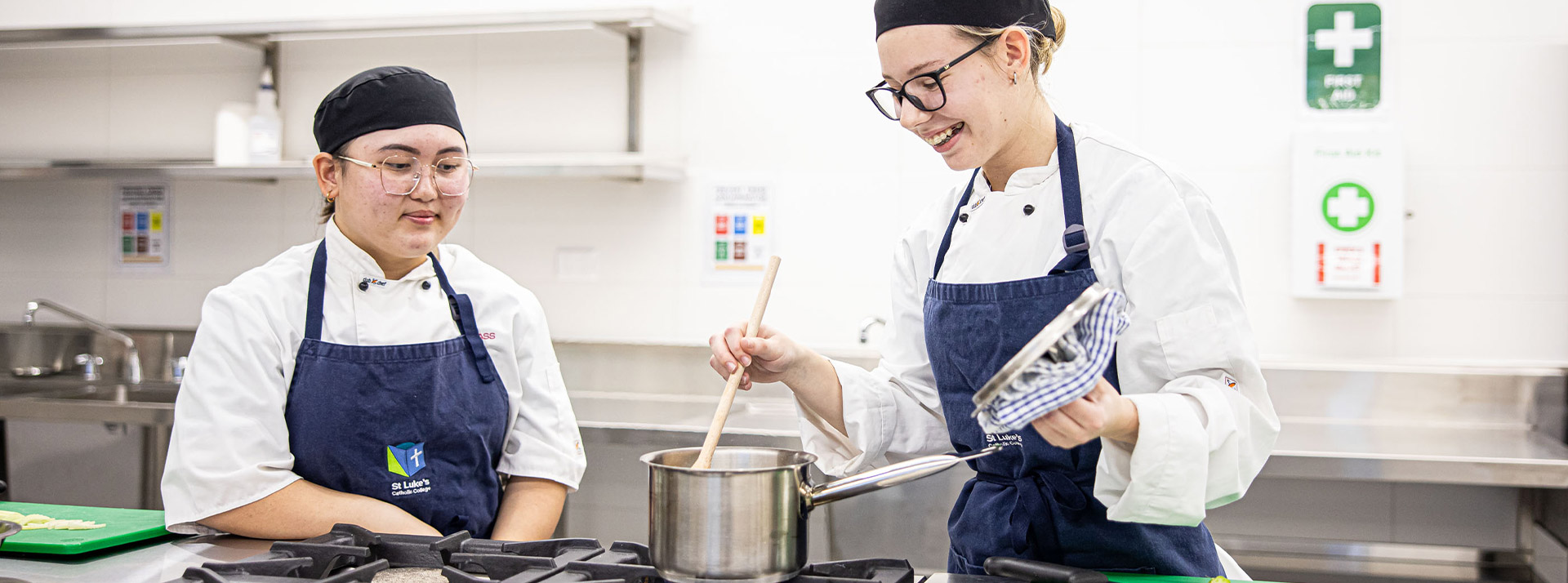
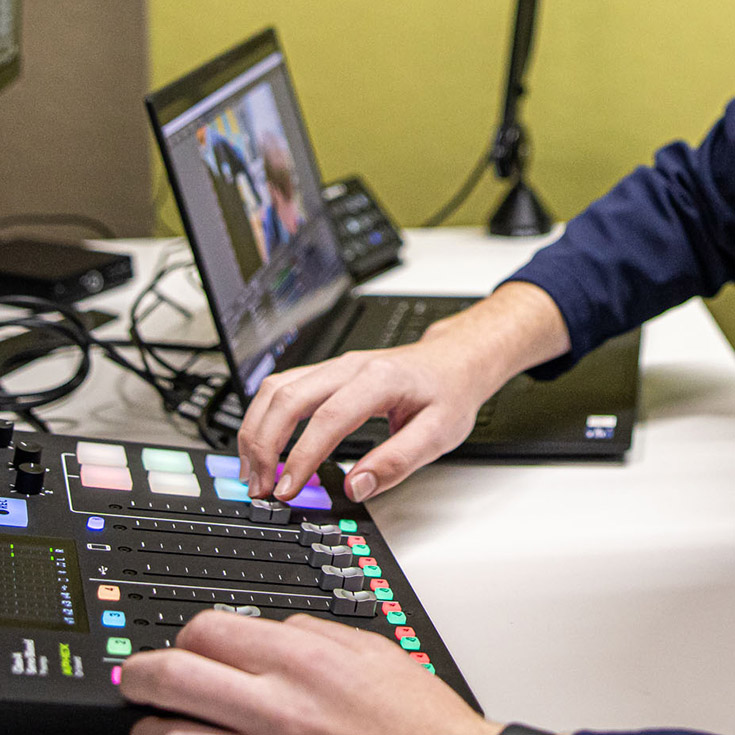
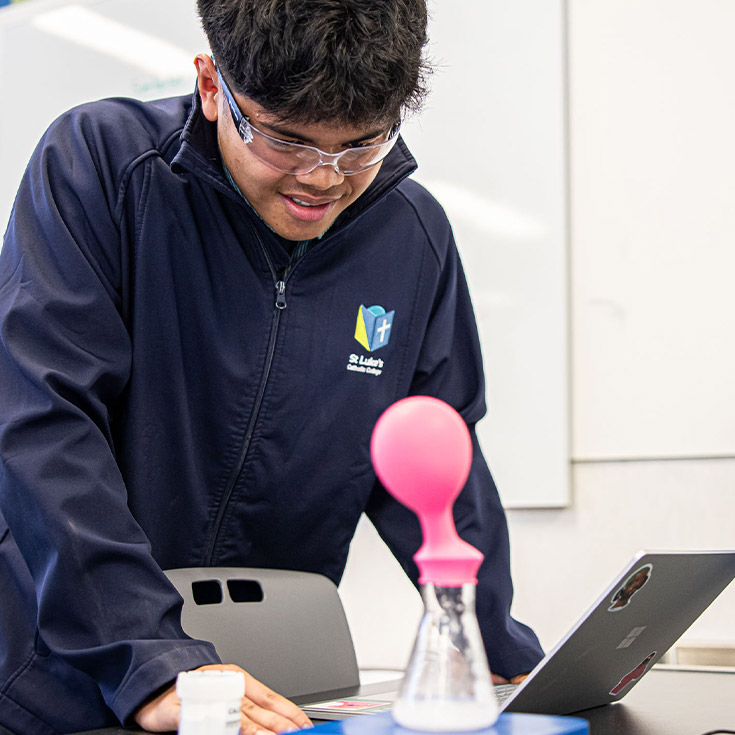
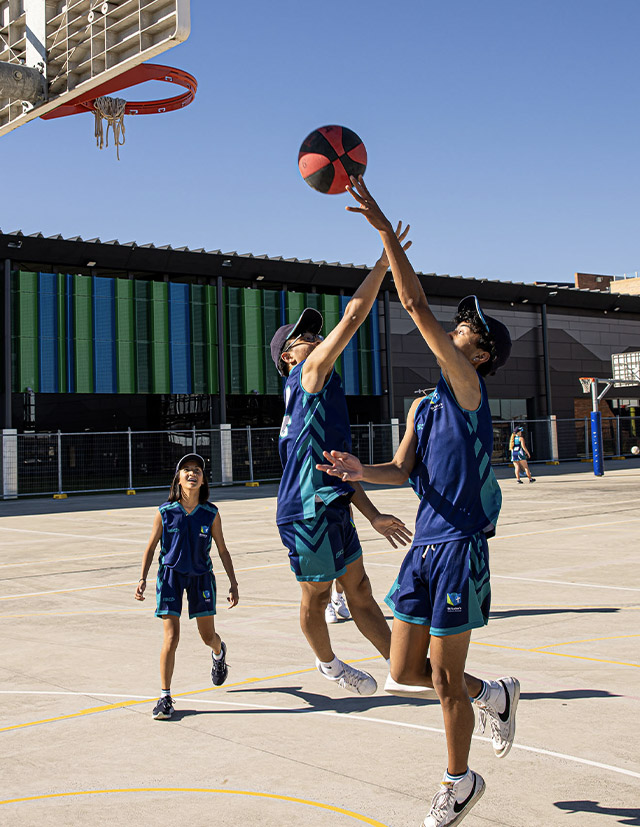
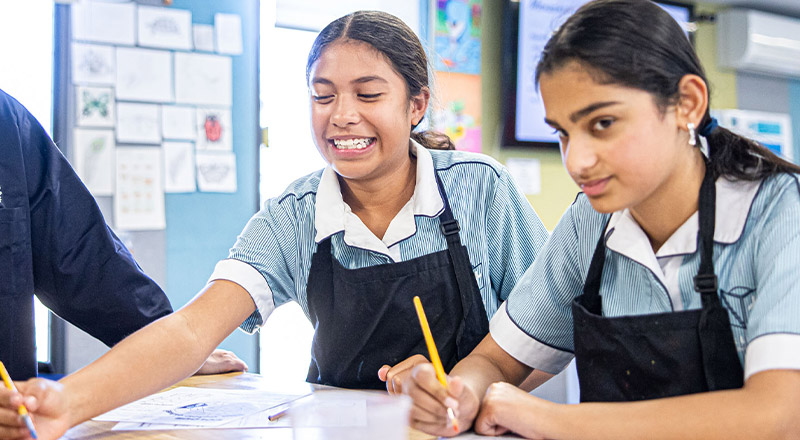
School of Now
The innovative Catholic Schools Parramatta Diocese School of Now program offers a unique learning experience for Year 11 and 12 students in a contemporary hybrid setting. This modern-day approach provides senior students with access to a greater range of extension courses and specialised electives that may not be offered at our school, helping them to achieve their personal career and study goals. The blended learning format using both virtual and face-to-face teaching methods optimises students’ learning experience with support from expert HSC teachers with specialist knowledge.
Vocational Education (VET)
Catholic Schools Parramatta Diocese is a leading provider of Vocational Education and Training (VET) opportunities. Our school offers this pathway to students to develop their hands-on skills, industry knowledge and real-world experience by learning from professionals in the field. VET allows students to pursue their own interests and passions, providing them with the tools to take charge of their learning and their future. Theoretical knowledge is translated to practical ability in VET, building a sense of identity and purpose through relevant, engaging education.

